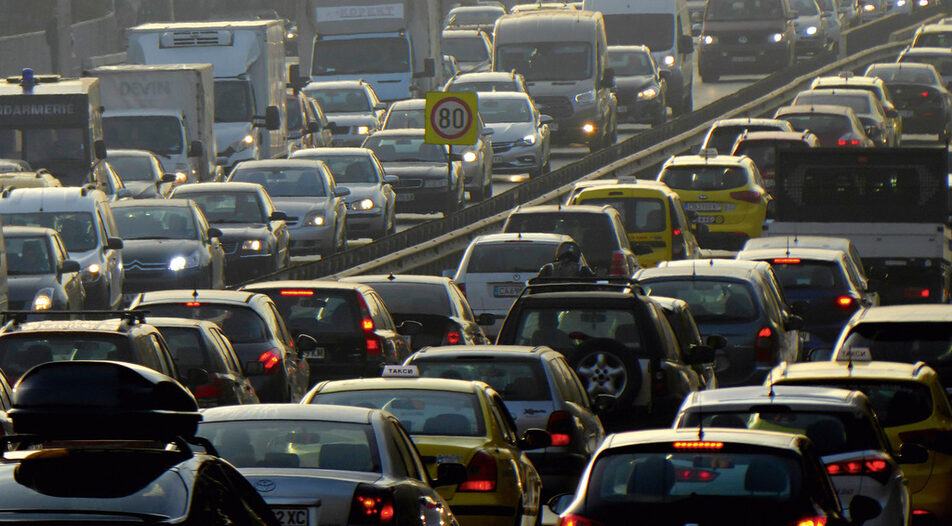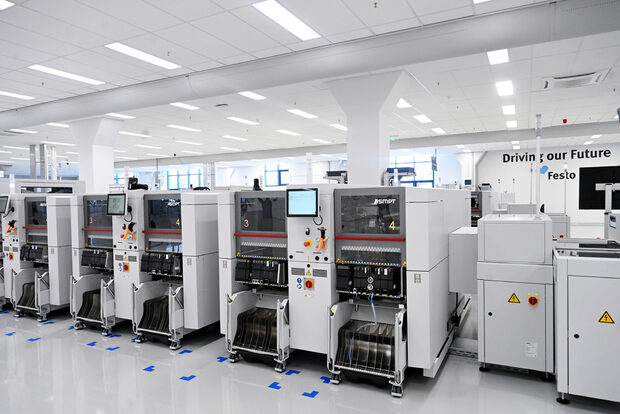The number of passenger cars in Bulgaria rose by almost 4% in 2023, reaching 3 million, compared to 2.9 million the year before. Cars represented nearly 75% of all 4.1 million registered vehicles as at the end of last year, interior ministry data show.
There were 295,700 new vehicle registrations in 2023 alone, including 231,500 passenger cars. Most of them were used cars - 193,900 units, while new cars were significantly fewer, at 37,600. Not surprisingly, the highest number of new registrations for the year was reported in Sofia City (64,100 units), followed by Plovdiv (21,700) and Varna (15,500).
Diesel-powered cars remained the most preferred vehicles. Last year they reached a new record high of 1.5 million units, up by more than 56,000 on 2022. Since the first pandemic year they have been increasingly outstripping petrol vehicles, which have decreased by over 23% since 2017.
At the same time hybrid cars and fully electric vehicles have been increasing steadily. In 2023 the number of hybrid vehicles rose by almost 52% and electric ones saw a whopping 82% jump, although they remained only 1.35% and 0.38% respectively of all registered passenger vehicles.
Last year over 5,100 electric cars were registered in Bulgaria and as of February 1, 2024 there were nearly 12,000 electric cars all in all. The best-selling new electric vehicle in Bulgaria in 2023 was Tesla's Model Y with 299 registrations.
For the 12 months to February 2024 979 new and used Teslas were registered throughout the country, which brought their total number to 1,645, an increase of almost 150%. The new registrations were mainly in the regions of Sofia (524), Varna (100), Plovdiv (89) and Burgas (38). The results were achieved without Tesla having an official representative office in Bulgaria, which makes purchases a bit more complicated. There are two main options: direct purchase from Austria or Germany with the buyer arranging transportation, or using the services of a middleman who handles the paperwork and transportation.
Cars aged 10 years or older continued to hold the bigger share of new passenger vehicle registrations in Bulgaria in 2023, which pushed their total number to 157,600. The registrations of new cars of up to six months old were just 44,100.
Even after the new additions last year, the car fleet in Bulgaria remains dominated by vehicles above 20 years old, which account for over 53% of all cars. At the same time those under five years old make up just 4.7% of all the 4.1 million registered vehicles. Except for 2019, when there was an annual decline of over 15%, the number of the oldest cars in Bulgaria has been rising every year.
The number of passenger cars in Bulgaria rose by almost 4% in 2023, reaching 3 million, compared to 2.9 million the year before. Cars represented nearly 75% of all 4.1 million registered vehicles as at the end of last year, interior ministry data show.
There were 295,700 new vehicle registrations in 2023 alone, including 231,500 passenger cars. Most of them were used cars - 193,900 units, while new cars were significantly fewer, at 37,600. Not surprisingly, the highest number of new registrations for the year was reported in Sofia City (64,100 units), followed by Plovdiv (21,700) and Varna (15,500).












